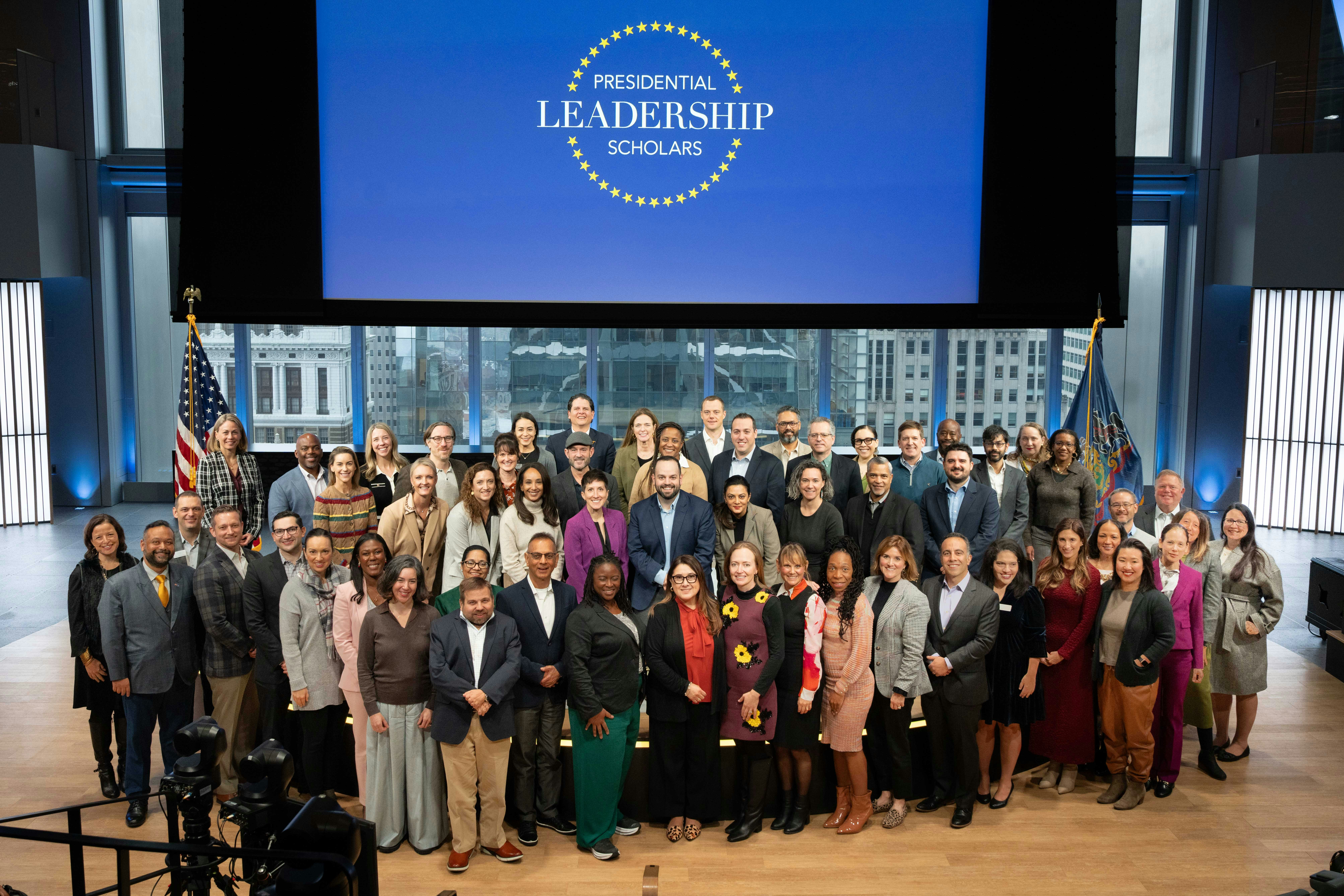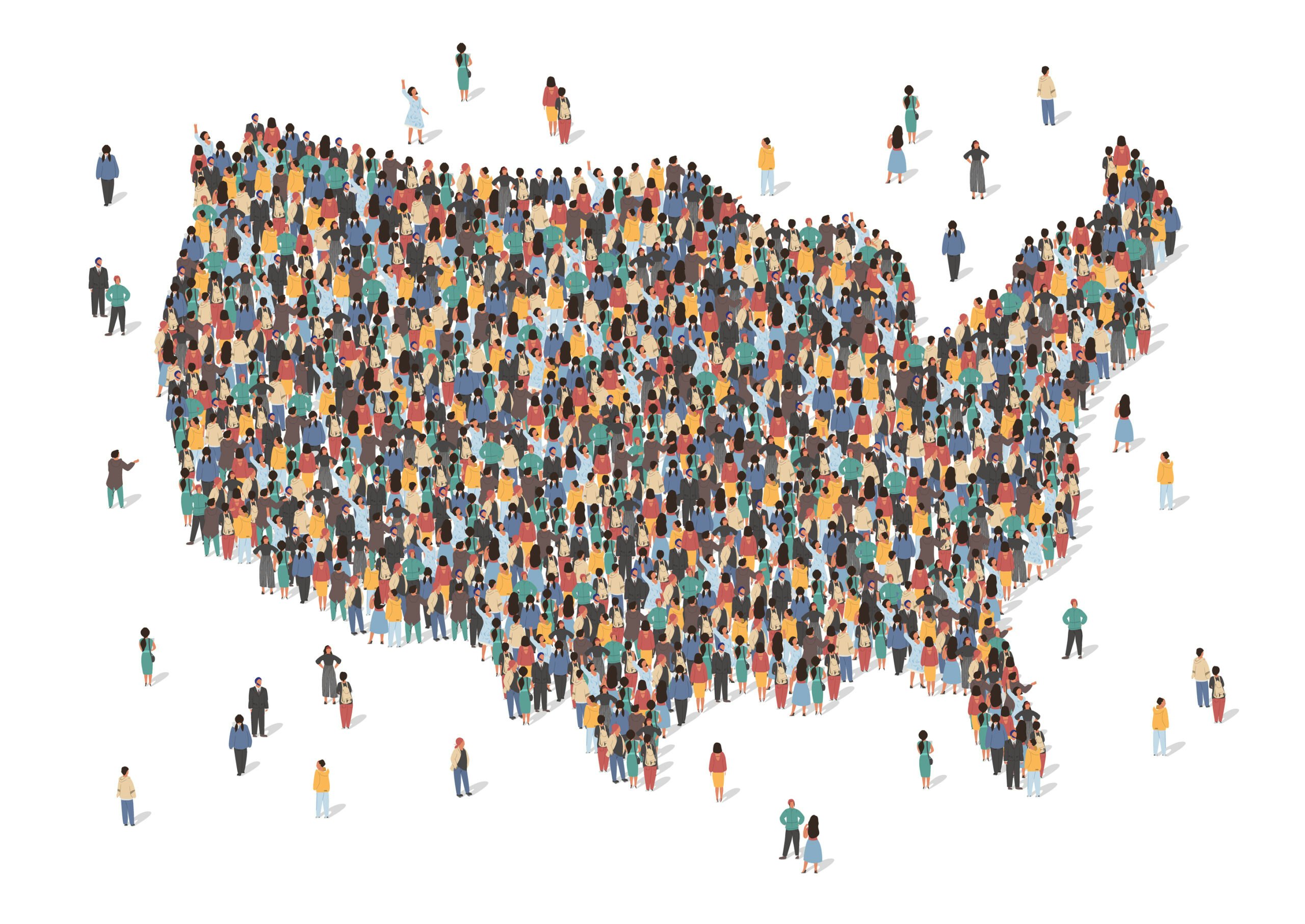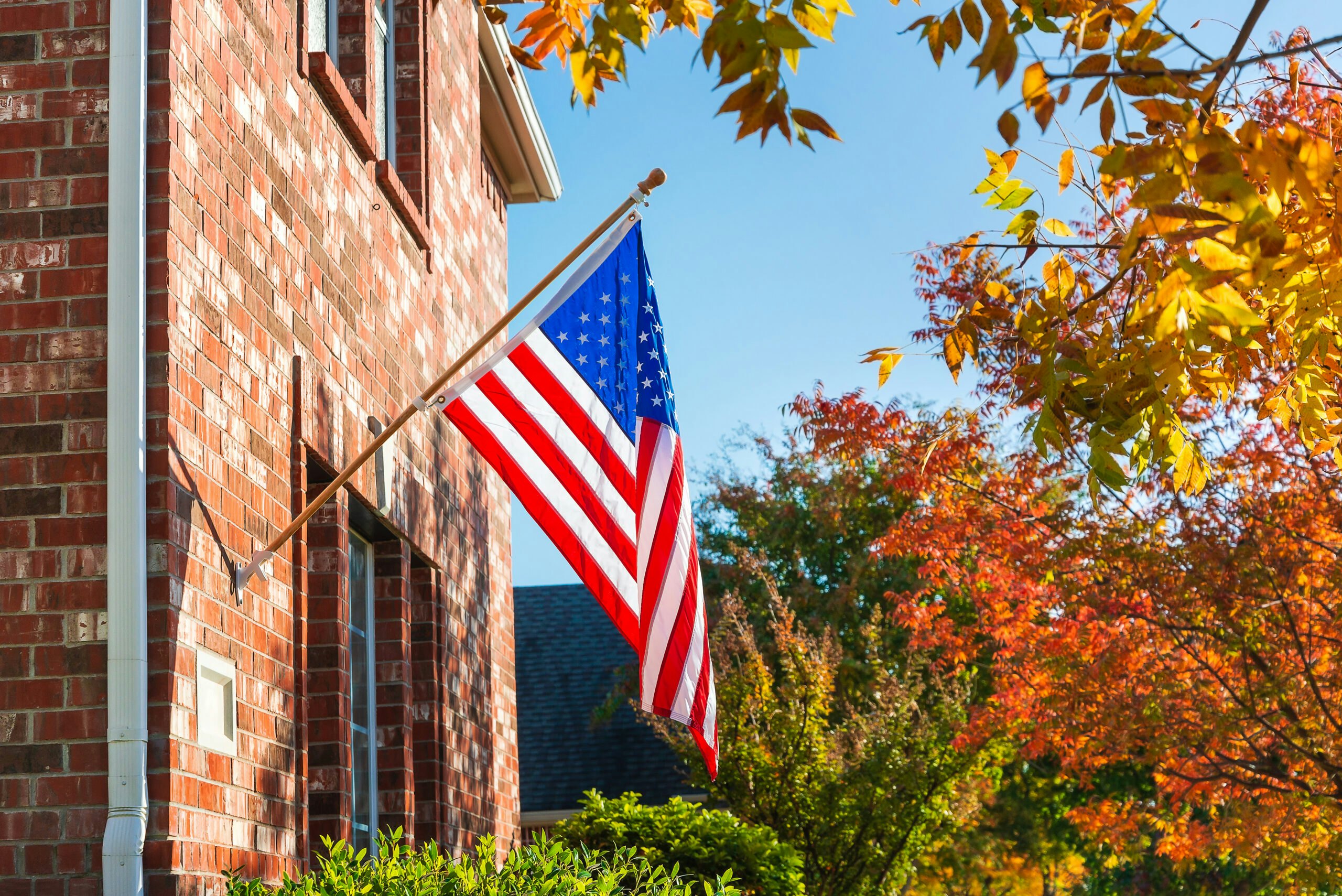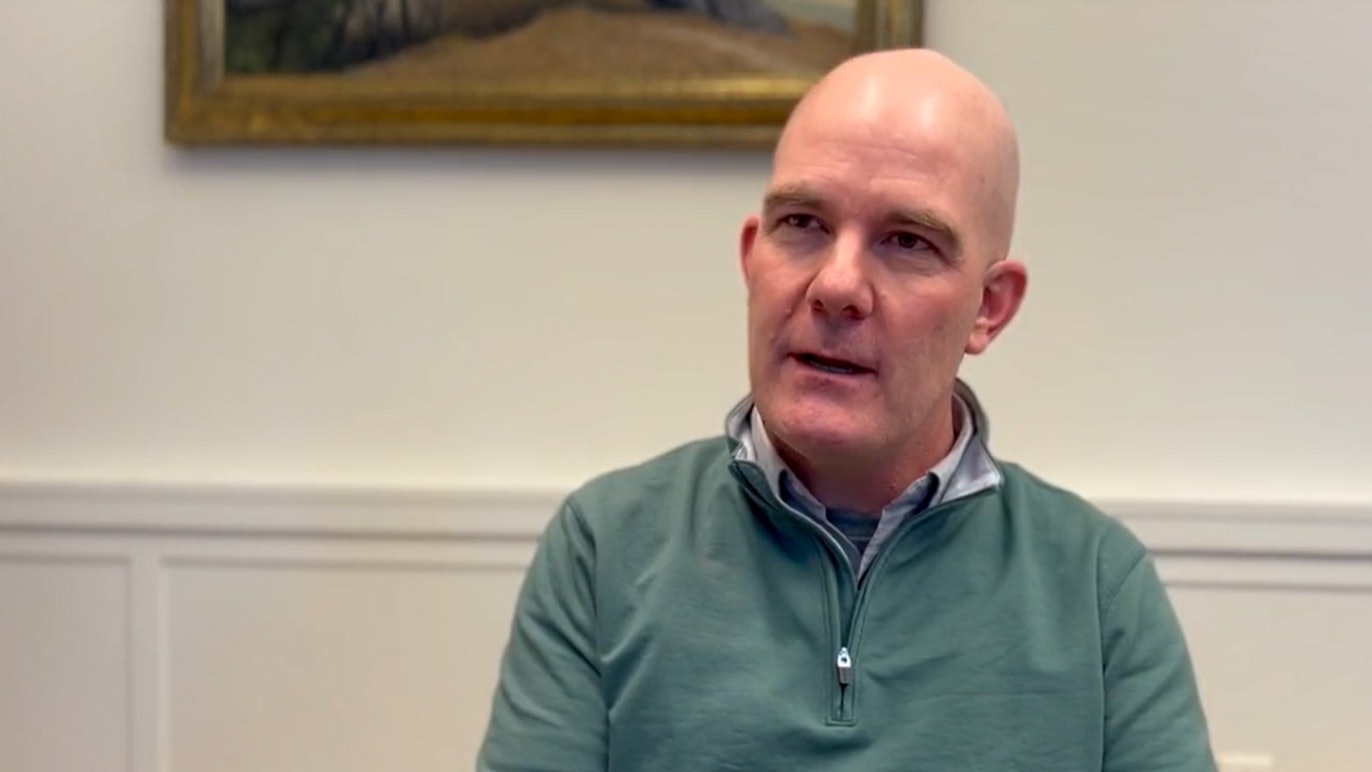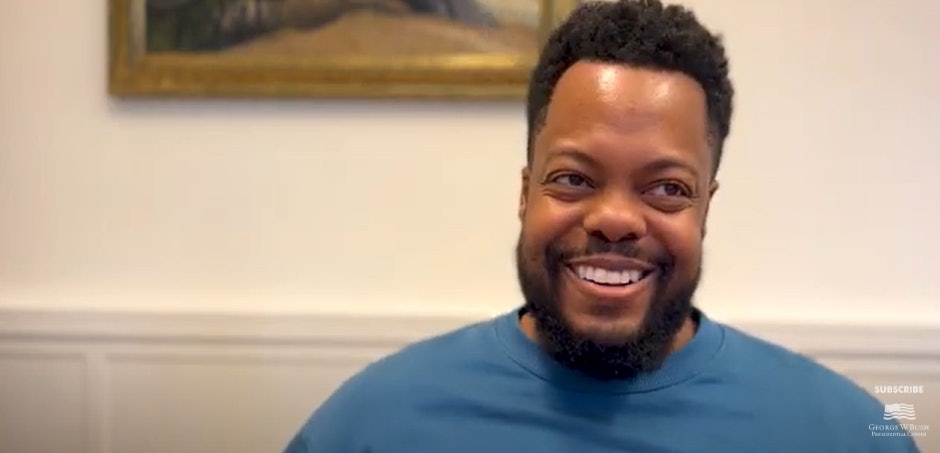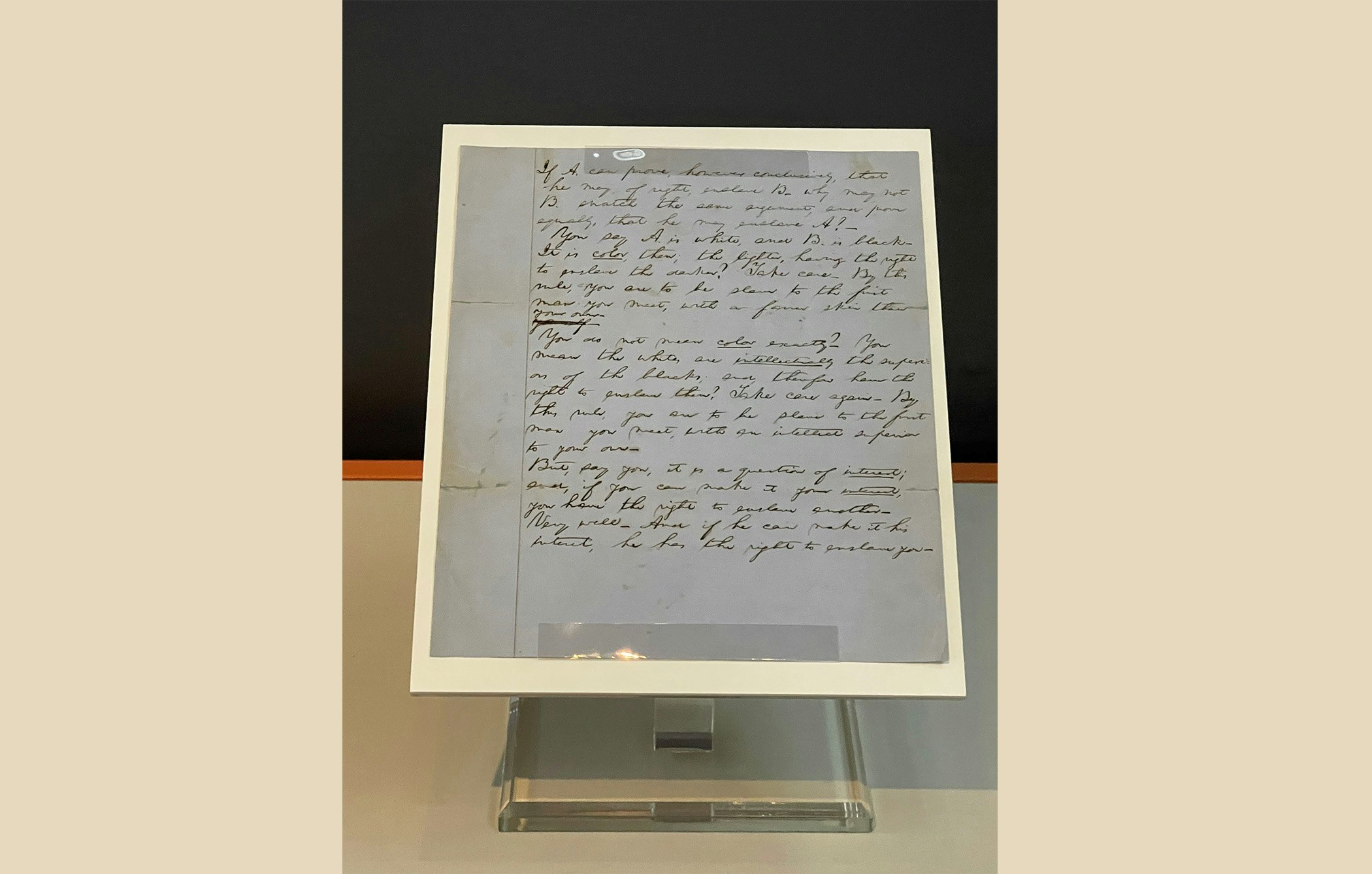Below is an excerpt of an address that Bush Institute Senior Editorial Advisor Bill McKenzie recently delivered to a National Public Radio Collaborative Journalism Network Conference sponsored by the Walton Family Foundation in Bentonville, Arkansas.
One of the greatest challenges to our democracy is the degree to which we live in our own bubbles. Neighborhood bubbles. Political bubbles. Religious bubbles. Cultural bubbles. Even media bubbles.
All of us in this room are surely familiar with this reality. The question is, what do we do about it? How do we engender respect for each other’s point of view? Even more, how do we work through our differences to resolve public problems or restore greater trust in each other and our institutions?
My George W. Bush Institute colleague Chris Walsh and I are engaged in a series we are calling The Pluralism Challenge. We are looking at how individuals, organizations, and institutions engender respect for differences, even when it hurts, and work through our differences, even when they seem insurmountable. Our operating principle: We all know these days what doesn’t work, so what does work?
Some of us may not have thought about pluralism in terms of the media, but it certainly applies. For one thing, good journalism must hear from and present many different sources. And the part of the field in which I have spent my career – opinion journalism – must likewise offer readers, viewers, and listeners a range of views. Echo chambers do none of us any good.
Media pluralism also extends to breaking down some of the high walls that competition has built up in the journalism profession. While I am a capitalist and competitive, the spirit of competition sometimes gets in the way of people coming together to solve a common issue.
In the media’s case, a major shared problem is strengthening the public’s trust in the vital institution of a free press.
One way to combat this problem is through what you are brainstorming: How can news outlets, especially at the local level, step out of their silos and together address common problems? And, in so doing, create a greater connection between journalists and the communities they serve?
Encouraging trends
There are encouraging examples, most of which build upon the trust that remains in local news operations. And they include the investigating reporting that you are doing.
For example, the Investigative Reporters and Editors organization honored the Gulf States Newsroom’s reporting on the struggle that asylum seekers from Cameroon faced in Louisiana and Mississippi.
And St. Louis Public Radio and NPR’s Midwest Newsroom received an award for their investigation into how Missouri knew of contamination in Springfield’s groundwater long before residents were told.
These awards reflect the collaborative work that you all and journalists around the country are pursuing to address problems that afflict communities. And the regional partnerships that National Public Radio’s Collaborative Journalism Network is fostering will bring more Americans information about their states and communities.
In Texas, for example, the collaborative Texas Newsroom brings news about our Legislature, reports about our culture, and information about our communities into homes – or cars – throughout the week.
Some collaborative work nationwide falls under the rubric of solutions journalism. In the Dallas/Fort Worth metroplex, KERA and five other news organizations, three universities, and two nonprofits are focusing on remedies for a lack of affordable housing. KERA and the Dallas Morning News are partners in covering arts and culture for our region of 7.8 million people.
One forward-looking nonprofit is the Solutions Journalism Network. It invests in initiatives that help spotlight answers. One investment, the Local Media Project, has funded collaborative journalism in 15 communities.
In Philadelphia more than 20 newsrooms cooperate in identifying ways to improve economic mobility in the city. The project includes a local news team from WHYY.
Local efforts like these provide a chance to strengthen trust in journalists’ important work. The Pew Research Center reported last year that Americans evaluate the news media differently when they have a personal connection with journalists and news organizations. It’s in our communities and neighborhoods where journalists are more likely to connect with those who consume their reporting and analysis.
Strengthening our democracy
Restoring trust in the media matters for a number of reasons. But none more so than that it can strengthen trust in our democracy.
In short, free societies depend upon the reliable information that independent journalism provides. It is hard to hold local leaders accountable when residents know little about their community other than word-of-mouth. Lies and falsehoods also are more likely to spread in a vacuum.
We have an imperative as a society – and I would say as journalists – to make sure false narratives don’t rule the day. We also have a responsibility to help communities understand – and resolve – their problems. It is in our communities and neighborhoods that our democracy is most likely to be revived.



